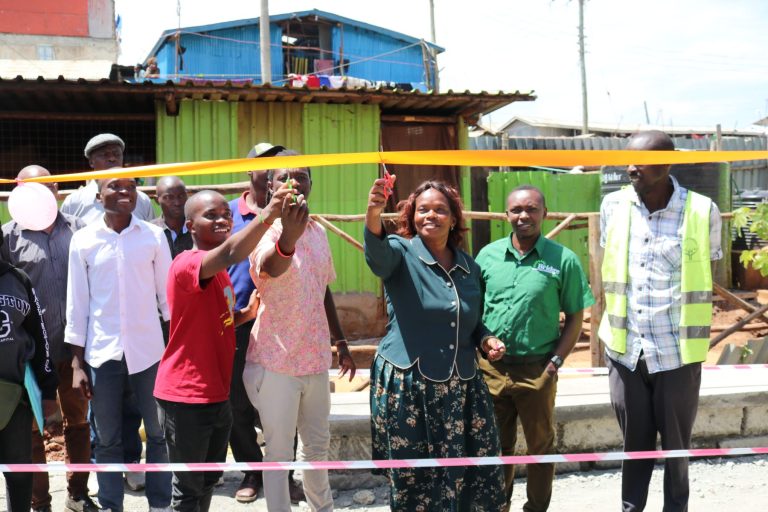On this International Literacy Day 2024, celebrated annually on the 8th of September, since its inception in 1967, we reflect on the lasting impact that literacy has had on the lives of individuals and the progress of entire communities.
This year’s theme, “Promoting Multilingual Education: Literacy for Mutual Understanding and Peace,” highlights the critical role that literacy plays in bridging the gap between cultural divides, fostering social cohesion, and creating pathways toward lasting peace.
Significant strides have been made in the past five decades to advance literacy. According to UNESCO, nearly 50 years ago, a quarter of the global youth population lacked basic literacy skills. By 2021, this figure had fallen to less than 8%, attributed to increased access to education and a growing global commitment to universal learning.
Between 2015 and 2023, primary education completion rates improved from 85% to 88%. These gains showcase the world’s dedication to literacy as a basic human right and a foundation for personal development.
However, significant challenges remain. By 2022, one in seven young people and adults still lacked basic literacy skills. Moreover, 250 million children between the ages of 6 and 18 remain out of school. This highlights the urgency to bridge the learning gap and ensure that every child has the opportunity to learn.
Bridge International Academies believes that literacy is more than just a skill but the key to unlocking opportunities. Literacy empowers children to think critically, express themselves, and engage with the world around them in meaningful ways. It opens doors to a lifetime of learning, growth and opportunities.

Shantel Murugi, a Grade 7 pupil at Bridge International Academies Kabiria in Nairobi County, shared her experience:
Literacy is important because it allows us to express our thoughts and communicate with others effectively. In the future, it will open doors to job opportunities that go beyond my community.
Speaking during this year’s Alumni Homecoming Event, our former pupils spoke of their experiences as Bridge pupils, their stories are a true testament to the critical role that literacy plays in transforming lives of those from underserved communities.

Hiether Rebecca, a former pupil at Bridge International Academies Kinoo, in Kiambu County, who is now a student at Strathmore University, pursuing a Bachelor of Commerce, Accounting and Entrepreneurship degree, reflected on her journey and the role that Bridge played in laying a solid foundation that shaped her academic future leading her to securing a full scholarship to study at one of Kenya’s prestigious private universities.
At Bridge, the teachers celebrated our small wins, the milestones and achievements mattered. When I joined Bridge, I didn’t know what flashcards were, I was so intrigued at how they were used in our lessons, the simple word definitions helped me to learn basic words quickly and I was able to read with confidence in front of my classmates. Over time, those lessons built my confidence in reading and comprehension. Now I can stand and speak confidently in front of a huge crowd, thanks to the solid foundation at Bridge. For me, Bridge was the gateway to my success both in my academic life and personal life, Hiether said.
Similarly, Mercy Wangare, a Bridge alumna from Namanga, spoke about the life-changing power of education.
When I joined Bridge, it was different from what I knew, the way they taught was more structured, I was not used to it. My teachers were patient with me and I was able to adjust very quickly. I travelled from Namanga to be here today because, for me, Bridge is my home. It’s where my journey began, and it has opened doors I never imagined possible.
Bridge Kenya focuses not only on academics, but also on developing higher-order thinking skills, working memory, self-control, and receptive vocabulary. We equip teachers with the right resources and tools to guide children in developing reading and writing skills that will serve them for life. By focusing on proven teaching methodologies, Bridge has seen remarkable improvements in student literacy, particularly for those from underserved communities.
Research led by Professor Michael Kremer from the University of Chicago, revealed that Bridge Kenya students achieve significantly higher learning gains, almost an additional year and a half of learning in two years, compared to their peers in other schools.
This is attributed to the integration of technology into the learning process. This finding demonstrates the potential of the teaching methodology to be replicated globally especially in countries with significant learning disparities, significantly reducing the learning gaps and learning poverty.
While we celebrate the progress that has been made, there is still much work to do. Millions of children and adults worldwide are without the literacy skills they need to thrive, the time to tackle this challenge is now.

By investing in literacy, we are investing in the future of our children and the society they will one day lead. Let’s commit to ensuring that no child is left behind. The real question is: can your child read this?

